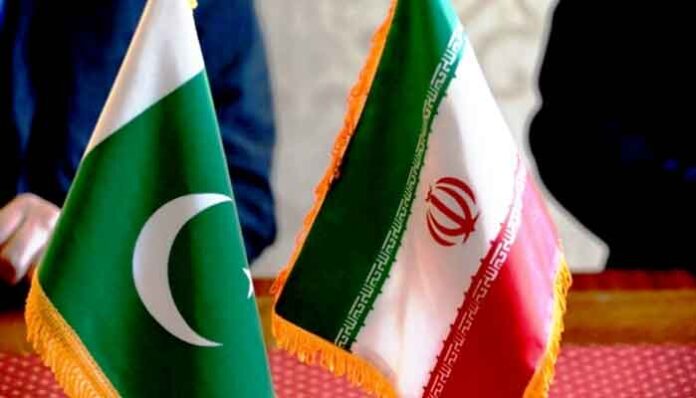ISLAMABAD: Pakistan is facing a trade deficit of $1.7 billion with Iran under the ongoing barter trade arrangement, officials revealed during a meeting of the National Assembly Standing Committee on Commerce held here on Monday.
The committee, chaired by MNA Javed Hanif, was informed that despite efforts to expand trade with Iran through non-cash exchange mechanisms, the imbalance between imports and exports continues to widen.
According to trade data presented to the committee, Pakistan’s exports to Iran during FY2025 stood at $650 million, while imports surged to $2.42 billion, mainly comprising petroleum products, steel, fruits and dry fruits, plastics, chemicals, and dairy items. Pakistan’s major exports to Iran included rice, meat, and mangoes.
Officials said that to facilitate cross-border trade, Iranian trucks are allowed to enter up to Quetta, whereas Pakistani trucks can only travel as far as Zahedan on the Iranian side. However, the Iranian government has assured Pakistan of steps to enhance imports from Pakistan in the coming months.
Audit of Trade Data Discrepancy:
The committee was also briefed on a $30 billion discrepancy identified in Pakistan’s trade statistics over the past five fiscal years.
Officials from the Pakistan Bureau of Statistics (PBS) explained that the difference emerged because Pakistan Single Window (PSW) includes raw material imported for export processing zones in its data, while the Pakistan Revenue Automation Limited (PRAL) system does not.
PBS Chief Dr. Naeem Zafar said that this data gap had been under review by a committee constituted by the Prime Minister, and a revised, reconciled dataset would soon be finalized.
The committee decided to defer further discussion on the matter until the PM committee submits its report.
The meeting also reviewed the subcommittee report on the recent sugar crisis, which blamed the Pakistan Sugar Mills Association (PSMA) for manipulating market prices.
However, Chairman Javed Hanif noted that the subcommittee had not clearly identified the individuals responsible and directed that the inquiry continue until accountability was ensured.
The committee further recommended “at-source deductions” from provincial and departmental funds to recover outstanding dues owed to the Trading Corporation of Pakistan (TCP).
Timber Import Dispute:
The Pakistan Timber Association also raised concerns over import restrictions imposed by the Department of Plant Protection (DPP), which has refused to clear consignments of timber with bark, citing phytosanitary and bio-risk issues.
The association argued that timber with bark was previously allowed after fumigation and could be safely treated again to eliminate risks. “Importing debarked timber is far more expensive,” the association maintained, adding that the ban caused Rs 900 million in additional costs to the industry last year.
Officials from the Ministry of Commerce and Ministry of Food Security said the DPP’s stance was based on international sanitary and phytosanitary regulations, warning that bark-carrying logs could carry pests or biohazards.
The committee urged the DPP and the Timber Association to jointly evolve a workable solution that balances safety with commercial feasibility.




